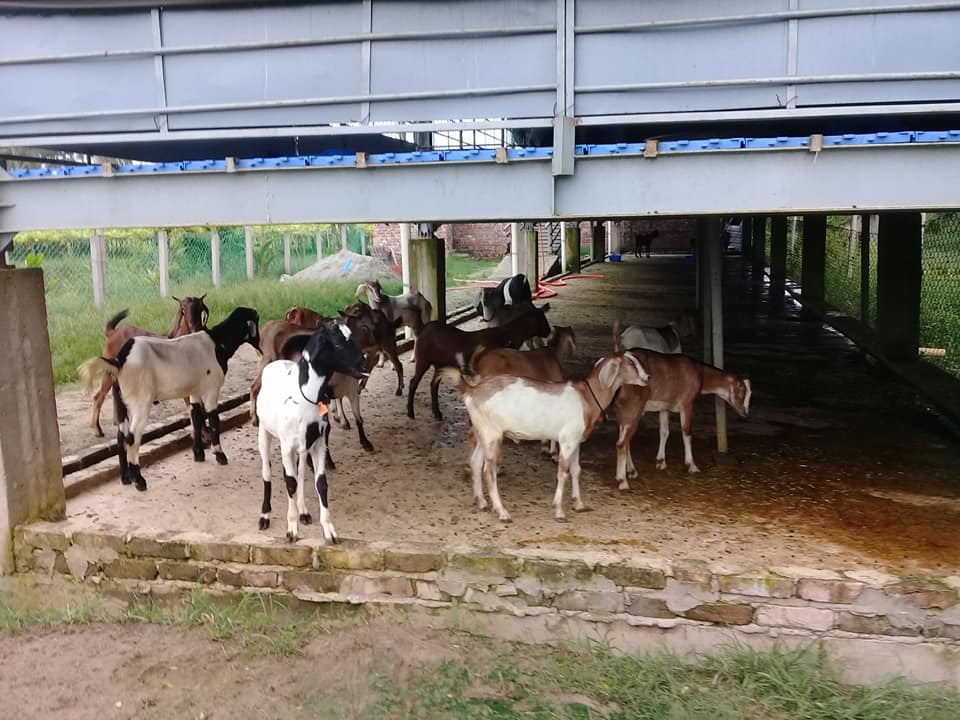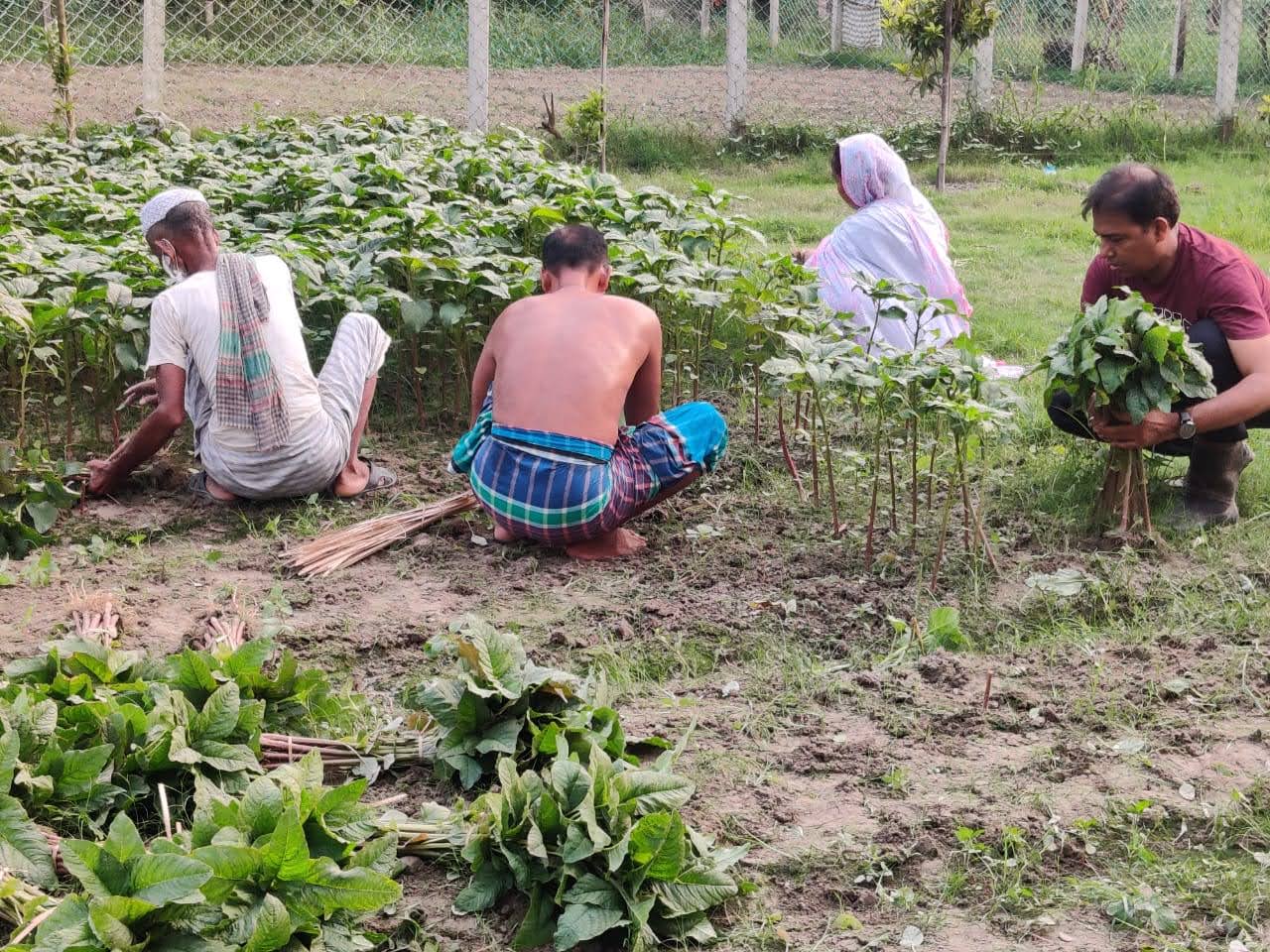The effects of malnourishment are irreversible if they occur at a young age. If not death, it leads to permanent disabilities that render the children ill for the rest of their lives.
The impact of hunger on education systems is gravely underreported. Being severely malnourished, to the point it impacts on brain development, can be the same as losing four grades of schooling. Around 171 million children in developing countries are stunted by hunger by the time they reach age 5. Stunting can affect a child’s cognitive abilities as well as their focus and concentration in school. As a result, stunted children are 19% less likely to be able to read by age eight. Conversely, good nutrition can be crucial preparation for good learning.

The effects of malnourishment are irreversible if they occur at a young age. If not death, it leads to permanent disabilities that render the children ill for the rest of their lives.
The impact of hunger on education systems is gravely underreported. Being severely malnourished, to the point it impacts on brain development, can be the same as losing four grades of schooling. Around 171 million children in developing countries are stunted by hunger by the time they reach age 5. Stunting can affect a child’s cognitive abilities as well as their focus and concentration in school. As a result, stunted children are 19% less likely to be able to read by age eight. Conversely, good nutrition can be crucial preparation for good learning.

Cogv provides skills, training and job opportunities to vulnerable women. We train women to weave, dye and print fabrics. This gives them a set of skills enabling them to find employment and gain economic independence.
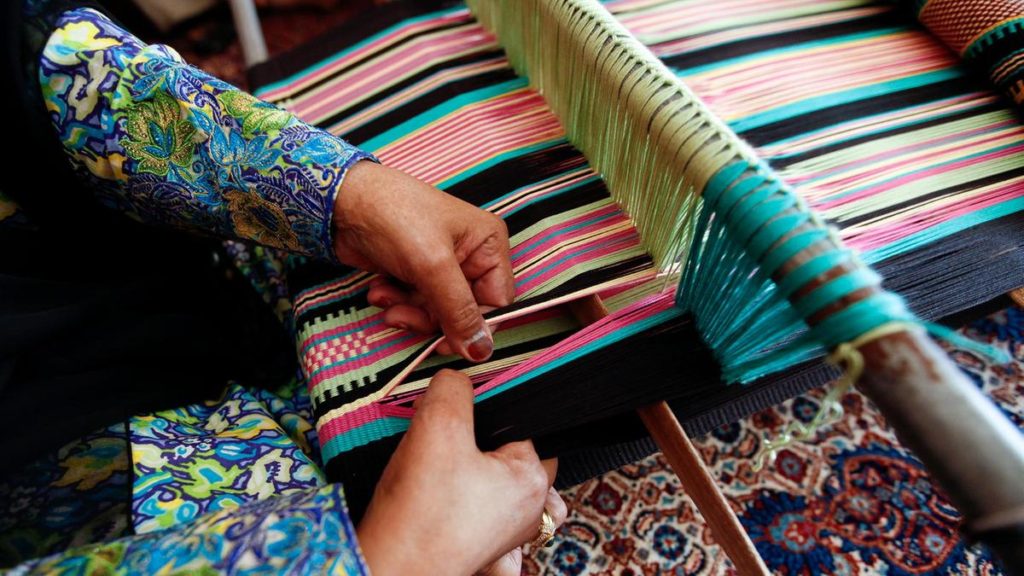
COGV advises farmers on how to develop their skills, improve production yields, and overall financial sustainability. COGV advise farmers and fishermen on how to improve their production and yields and provide them with loans to buy equipment.
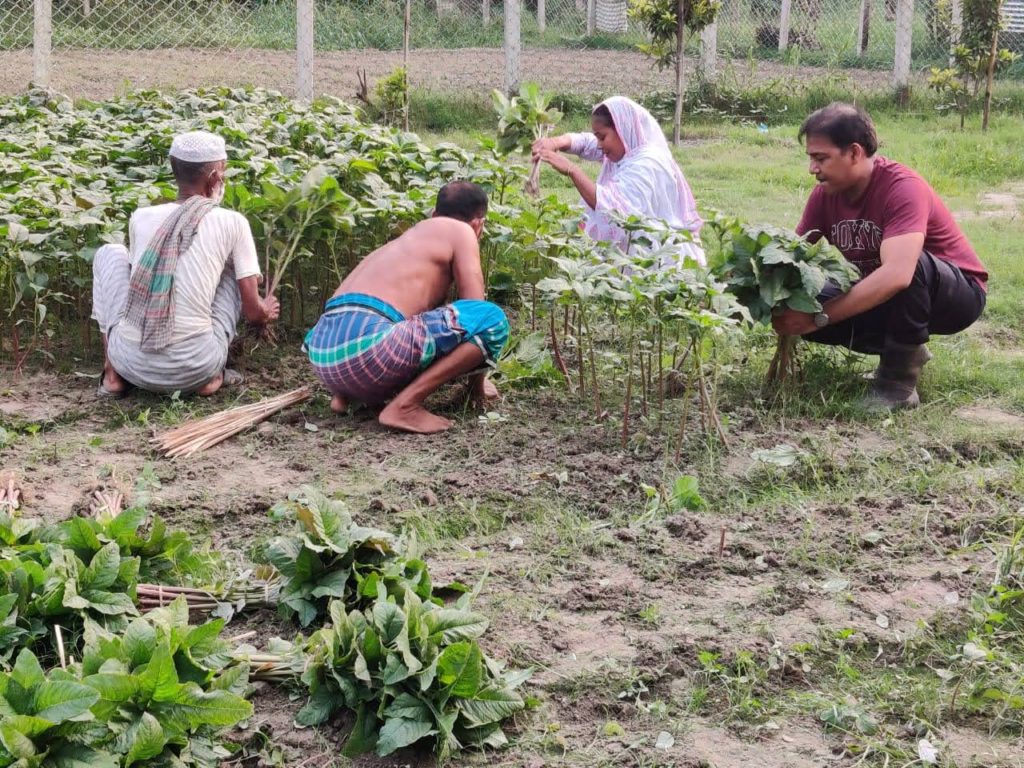
Bangladesh is one of the most disaster‐prone countries in the world, affected by cyclones and floods, as well as chronic hazards such as arsenic poisoning. Every year, about 10 million Bangladeshi citizens are impacted by one or more natural hazards.
Whilst cyclones, landslides and floods cannot be prevented, measures can be taken to reduce the impact of such natural disasters. We work closely with community members to ensure they know what course of action to take when disaster strikes. We help them put protective measures in place and provide them with the tools to face challenges, including the housing of displaced people; ensuring children can continue schooling, helping the injured, providing clean water and food.
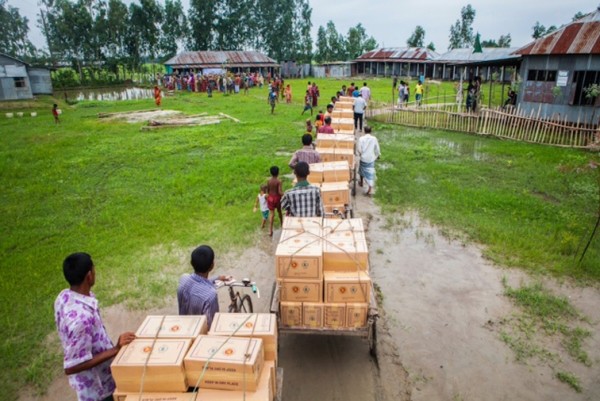
Remote char communities are often ostracized, vulnerable and powerless. Unlike citizens of mainland Bangladesh, chars dwellers don’t receive the public services available to them. They’re often simply unable to access public institutions from their highly remote islands. In addition, these communities have little knowledge of national institutions, and are unaware of their rights or how to gain access to public services. COGV ensures these marginalized people are made aware of their rights. We give them a voice to claim their legal and economic rights and put them in contact with the government officials who can deliver them.
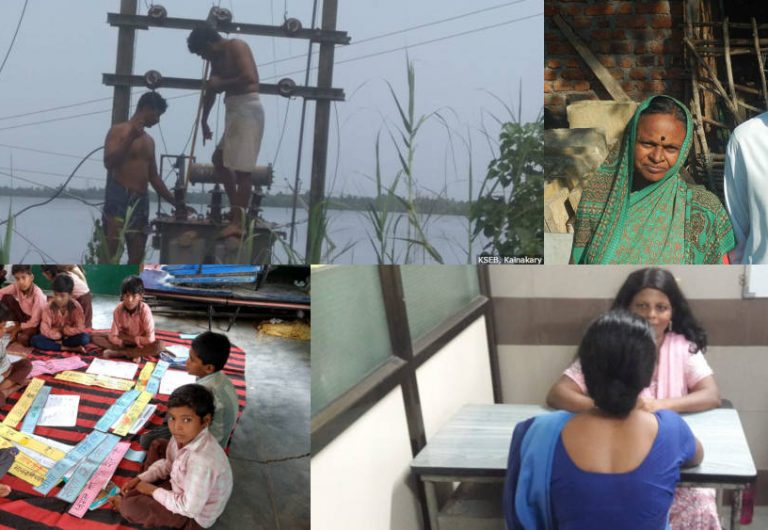
Every day in rural communities millions of people suffer from a lack of access to clean, safe water. For school-aged children it’s a burden that traps them in poverty. ACCESS TO CLEAN WATER IMPROVES Education, Hunger, Health, Proverty.
COGV develop projects that guarantee the access to water and sanitation in the most disadvantaged areas of the Bangladesh. COGV’s water strategy empowers people to make decisions about their own water and sanitation systems and water management by changing the ways governments do business on a local, municipal and state level, particularly for the most vulnerable and marginalized populations.


